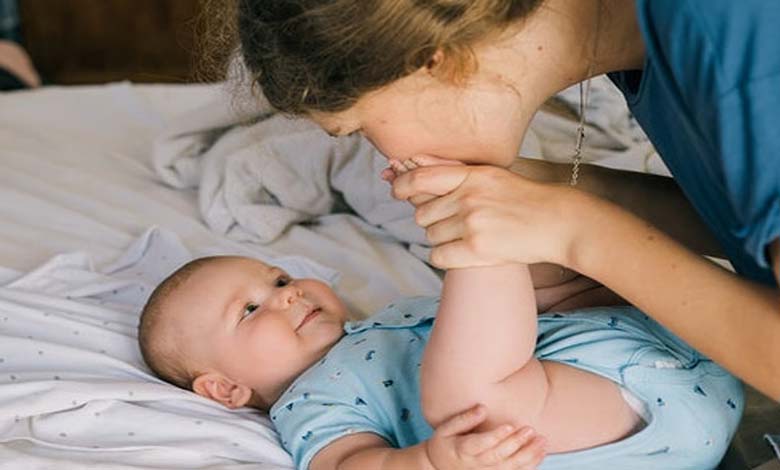Does stress threaten the dream of motherhood?

In recent years, scientists have increasingly examined the relationship between chronic stress and female fertility. A growing body of research suggests that a woman’s psychological state can significantly influence her ability to conceive. While the desire for motherhood remains deeply rooted in human nature, the fast-paced rhythm of modern life, professional pressure, financial instability, and everyday anxiety appear to weigh heavily on reproductive health. Experts agree that stress is not merely an emotional reaction but a physiological disruption capable of altering the hormonal balance essential to fertility.
-
Why Are Women More Prone to Depression Than Men?
-
Tyrosine Supplements and Brain Health: Can They Truly Enhance Memory Focus and Mood Under Stressful Conditions?
The human body reacts to stress by releasing hormones such as cortisol and adrenaline, necessary for immediate survival. However, when these hormones are secreted continuously, they create an imbalance in the endocrine system. In women, this can lead to reduced production of reproductive hormones—particularly progesterone and estrogen—which are vital for egg maturation and menstrual cycle regulation. Studies from European universities have revealed that women exposed to chronic stress are nearly 40% less likely to conceive compared to those leading a more balanced lifestyle.
Beyond hormonal disruption, stress also affects daily behavior and lifestyle habits. Women experiencing psychological tension often develop patterns that indirectly harm their fertility—sleep disturbances, increased caffeine consumption, smoking, or poor nutrition. Combined with chronic fatigue, these behaviors disrupt ovarian function and decrease egg quality. Moreover, stress can cause uterine muscle contractions and reduce blood flow to reproductive organs, making implantation after fertilization more difficult.
-
Having Two Children: How Does It Positively Affect Women’s Mental Health?
-
“Menopause”: Symptoms That May Appear in Your Thirties
The effects of stress on male fertility should not be overlooked either. Research indicates that chronic stress can lower sperm concentration and motility, contributing to conception difficulties within couples. This highlights that stress must be addressed as a shared factor affecting both partners, not solely the woman. Physicians therefore emphasize the importance of mutual psychological support and a couple-oriented approach in fertility treatments.
Fortunately, these effects are often reversible. Once stress is properly managed, hormonal balance tends to normalize naturally. Regular practices such as meditation, yoga, walking, or any relaxing activity help lower cortisol levels. Clinical studies have even shown that structured stress management programs can increase conception rates by nearly 25%. Additionally, psychological counseling—particularly in assisted reproductive treatments (ART)—enhances emotional resilience and improves therapeutic outcomes.
It is essential to recognize that female fertility is multifactorial. While stress plays an undeniable role, it is not the sole determinant. Age, medical history, diet, sleep quality, and overall lifestyle are equally crucial. However, in a world increasingly driven by competition and social expectations, prioritizing emotional well-being has become vital for women aspiring to motherhood. Taking care of one’s mental health is therefore not a luxury—it is a biological necessity.
Ultimately, understanding and managing stress is not merely about emotional preservation; it is a fundamental component of protecting the ability to give life. The dream of motherhood is not just a biological process but a delicate balance between body and mind—one that every woman must nurture with care and intention.












